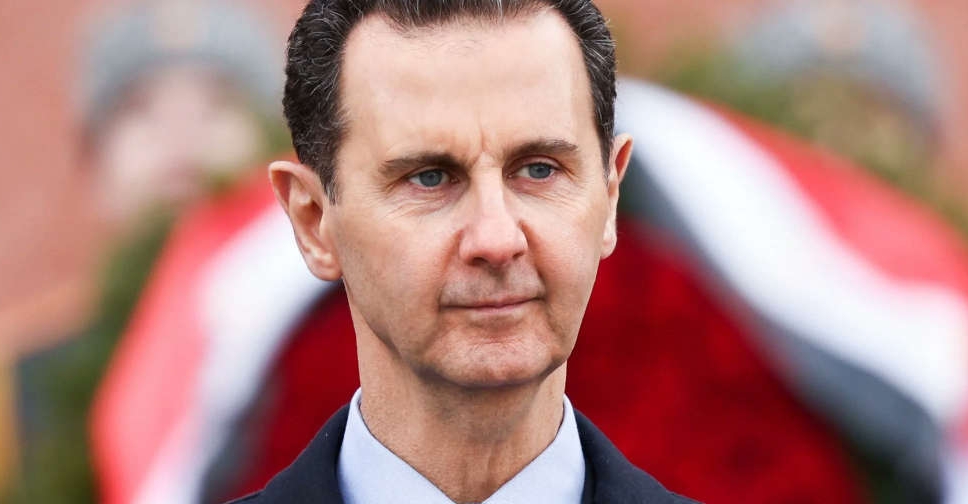
Syria's former President Bashar al-Assad is in Moscow with his family after Russia granted them asylum on humanitarian grounds, a Kremlin source told Russian news agencies on Sunday, while a deal has been made to ensure the safety of Russian military bases.
Russia's Foreign Ministry had earlier said that Assad had left Syria and given orders for a peaceful transfer of power, after rebel fighters raced into Damascus unopposed on Sunday, ending nearly six decades of his family's rule.
Interfax cited the same Kremlin source as saying Russia favoured a political solution to the crisis in Syria, where Moscow supported Assad during the long civil war.
The source said negotiations should be resumed under the auspices of the United Nations.
Moscow, a staunch backer of Assad whom it intervened to help in 2015 in its biggest Middle East foray since the Soviet collapse, is scrambling to salvage its position. Its geopolitical clout in the wider region and two strategically-important military bases in Syria are on the line.
A deal to secure Russia's Hmeimim air base in Syria's Latakia province and its naval facility at Tartous on the coast would come as a relief to Moscow.
The Tartous facility is Russia's only Mediterranean repair and replenishment hub, and Moscow has used Syria as a staging post to fly its military contractors in and out of Africa.
Losing Tartous would be a serious blow to Russia's ability to project power in the Middle East, the Mediterranean and Africa, say Western military analysts.
Russian warships had left Tartous and taken up position off the coast for security reasons, the Hmeimim airbase had effectively been cut off after rebels took control of a nearby town, Kurdish forces had started to block Russian facilities beyond the Euphrates, and Russian positions at an oil facility in Homs had been blocked, Rybar said.
Reuters could not independently confirm Rybar's assertions.
Earlier on Sunday, the Russian Foreign Ministry said in a statement the two military facilities had been put on a state of high alert, but played down any immediate risk.
"There is currently no serious threat to their security," the ministry said as it announced Assad's departure from office and from Syria.


 Israeli attacks on Gaza killed 60 people in 24 hours
Israeli attacks on Gaza killed 60 people in 24 hours
 Trump fires National Security Agency director
Trump fires National Security Agency director
 Israel steps up Syria strikes, says Turkey aims for 'protectorate'
Israel steps up Syria strikes, says Turkey aims for 'protectorate'
 US sending Israel 20,000 assault rifles that Biden delayed
US sending Israel 20,000 assault rifles that Biden delayed



